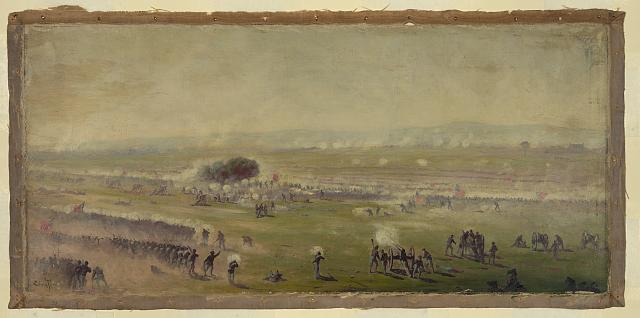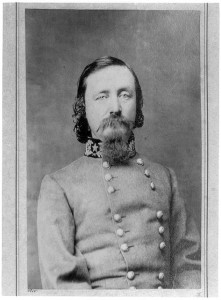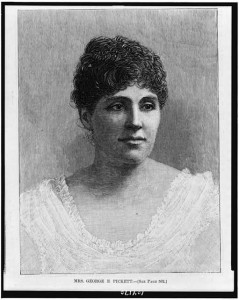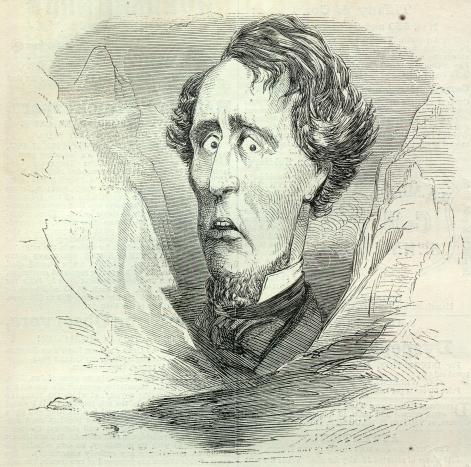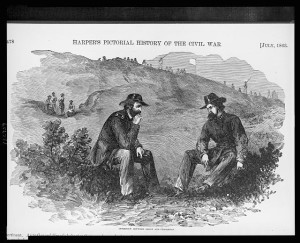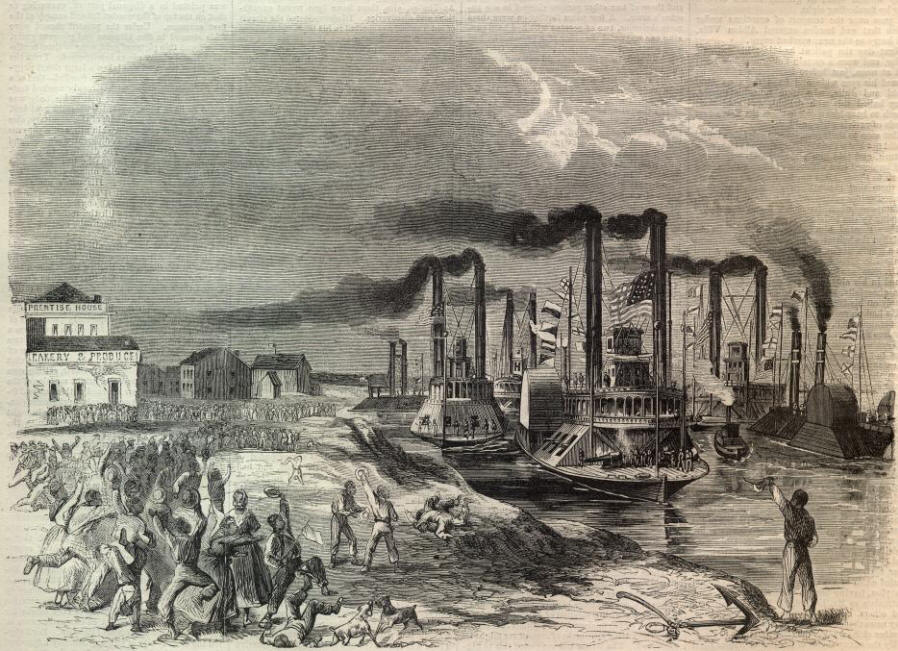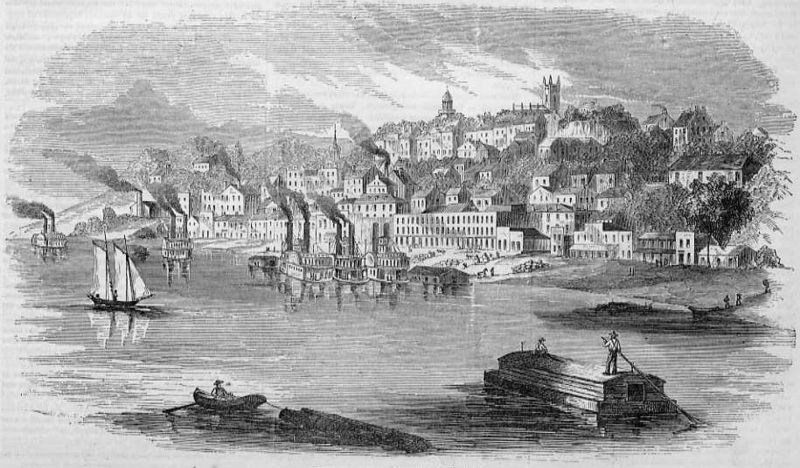On July 14, 1863 New York Governor Seymour requested recently mustered out two year volunteers from the Third Volunteer Artillery (Previously the 19th Infantry) to organize and go to New York City to help quell the draft riots. Men began to assemble in Cayuga and Seneca counties. The riots ended before the veterans could get to the city. Nevertheless some members of the Third Artillery on furlough in New York City put their skills to use 150 years ago today. From Cayuga in the Field by Henry and John Hall (pages 167-69):
Nevertheless, the 3d Artillery was not without efficient representatives in New York during the riots, quite a delegation of its officers being in the city at the time on furlough. Gen. Wool immediately utilized them for the public defense, placing portions of his militia under their experienced and competent direction. Capt. Schenck received command of a battery of artillery, and did good service at the Atlantic docks and elsewhere, in overawing rioters and preventing the destruction of property and sacking of stores.
Capt. Howell was given command of some artillery of the 8th regiment, and used it on Wednesday, the 15th, in a manner that showed how little distinction existed in his patriotic view between rebels in the field and traitors at home. At daylight of the 15th, Gen. Dodge and Col. Mott with a body of infantry, and Capt. Howell and his guns, were sent to 32nd street, where the mob was hanging colored men and breaking into and robbing houses and stores. When they arrived on the ground, three colored men had already been slain. The lifeless body of one, Col. Mott himself cut down with his sword. The act aroused the ferocity of the mob, who attacked the detachment with a rain of brick and stones, and, crowding up close, struck those within reach with clubs and slung shot. Col. Mott directed Capt. Howell to come into battery at the corner of 32nd Street and 7th Avenue, which he did forthwith, while the infantry and cavalry charged the mob, and with thrust of bayonet and slash of sword drove it a long ways down the street. The rioters rallying again, capt. Howell approached them alone and warned them to disperse or he would try the virtue of grape and cannister. The caution was repeatedly given; but the crowd lingered, and finally renewed the attack, making a rush to take our guns, prefacing the same with a tremendous volley of stones. Capt. Howell waved his sword and gave the signal to fire, and half a dozen rounds of cannister tore their way through the very heart of the assailing horde, checking its advance and facing it to the right about in panic terror. The street was cleared almost immediately, the mob leaving the road strewn with bleeding bodies. Nearly twenty expiated their folly and crime in bloody death in this attack, though, doubtless, some of those shot down were innocent parties drawn to the scene from motives of curiosity. The infantry now had easy work and made a large number of prisoners.
Two days afterwards, Capt. Howell had a narrow escape from assassination for the part borne by him in this fight. While driving in his private carriage to headquarters, a group of a dozen or more of the rioters, spying his uniform, set up a shout of “There’s the man who fired on us on Wednesday,” and on the instant poured a shower of stones on the carriage, breaking the windows and panels. The rioters shouted to the driver to stop. Capt. Howell drew his revolver and told the driver to go on. Before that individual had recovered his wits enough to act, the crowd had increased to fifty. A stone now struck Capt. Howell’s shoulder on an old wound, for a moment paralyzing the arm. The horses were then lashed into a gallop; the crowd was halted with five shots from the Captain’s revolver; and the carriage was soon beyond the reach of danger.
In this article some of the details are different, but a mob on 32nd street was broken up by some cannister cannon.
From The New-York Times July 16, 1863:
A Morning Riot in Thirty-second-Street.
THE MILITARY FIRE UPON THE MOB.
Late on Tuesday night a raid was made by the mob on a number of negro dwellings situate on Thirty-second-street, between Sixth and Seventh avenues; these buildings were almost entirely demolished and several attempts were made to fire the whole vicinity.
An unfortunate negro, who made an attempt to fly for his life from the fury of these persecutors, was caught and severely beaten with stones and bludgeons; the infuriated mob not satisfied with thus brutally mangling their victim, slipped a rope around his neck and hung him to a tree in the neighborhood, where he remained until quite an early hour this morning.
About 9 o’clock yesterday morning, Capt. Morr, of the United States artillery, having been sent with a strong force to cut down the unfortunate negro, was met by the mob with the most persistent opposition. After requesting them to disperse, and being still menaced by the crowd, he ordered his men to fire; three rounds of grape were poured into them with fearful effect. When they dispersed, it was ascertained that upward of twenty-five had been killed and a number seriously wounded.
Another negro was also hung by the mob in the forenoon, in Thirty-sixth-street, between Sixth and Seventh avenues.
The following is a partial list of the killed and wounded in the fire of the military upon the rioters in Thirty-second-street: …

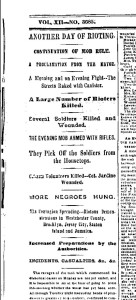

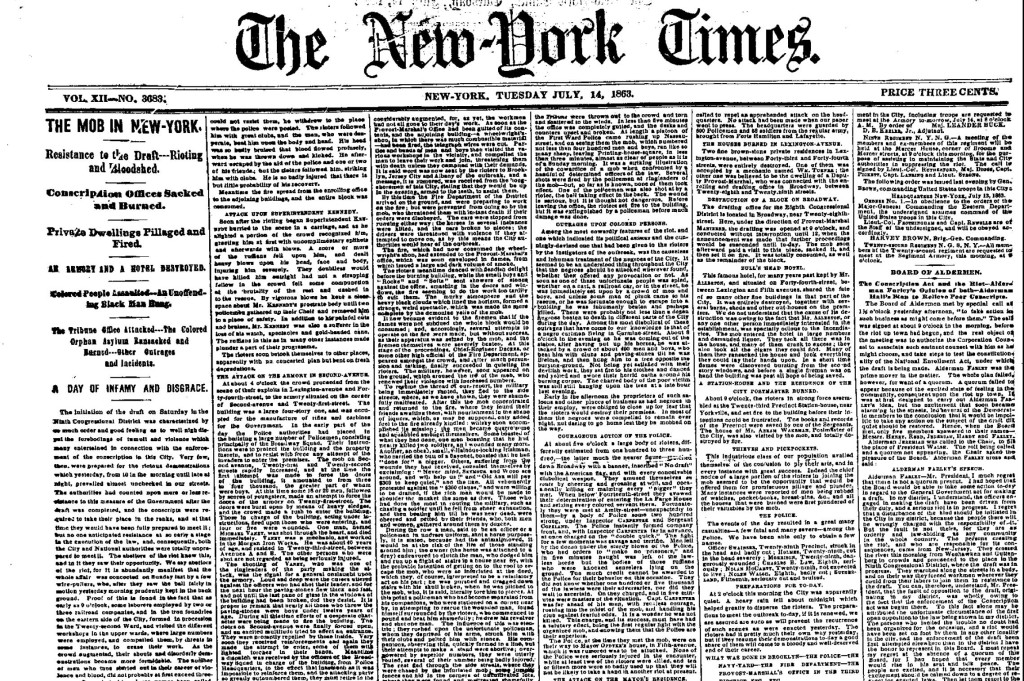
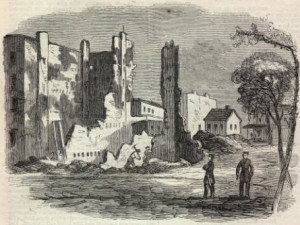
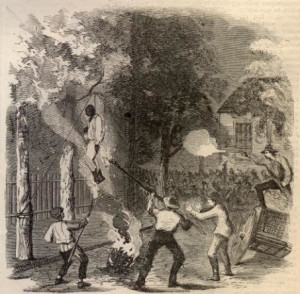
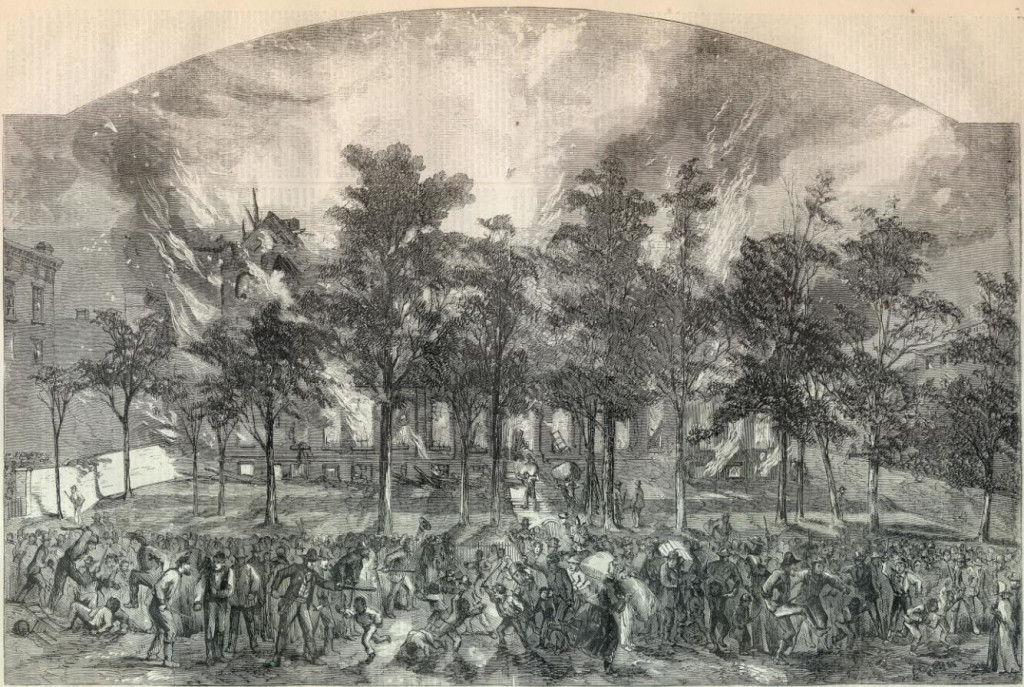
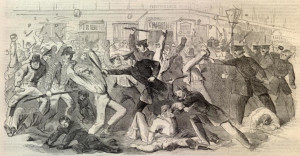
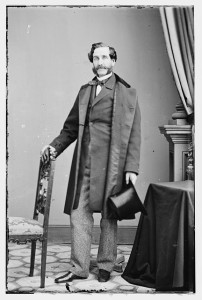
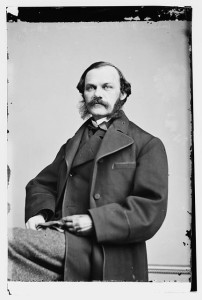
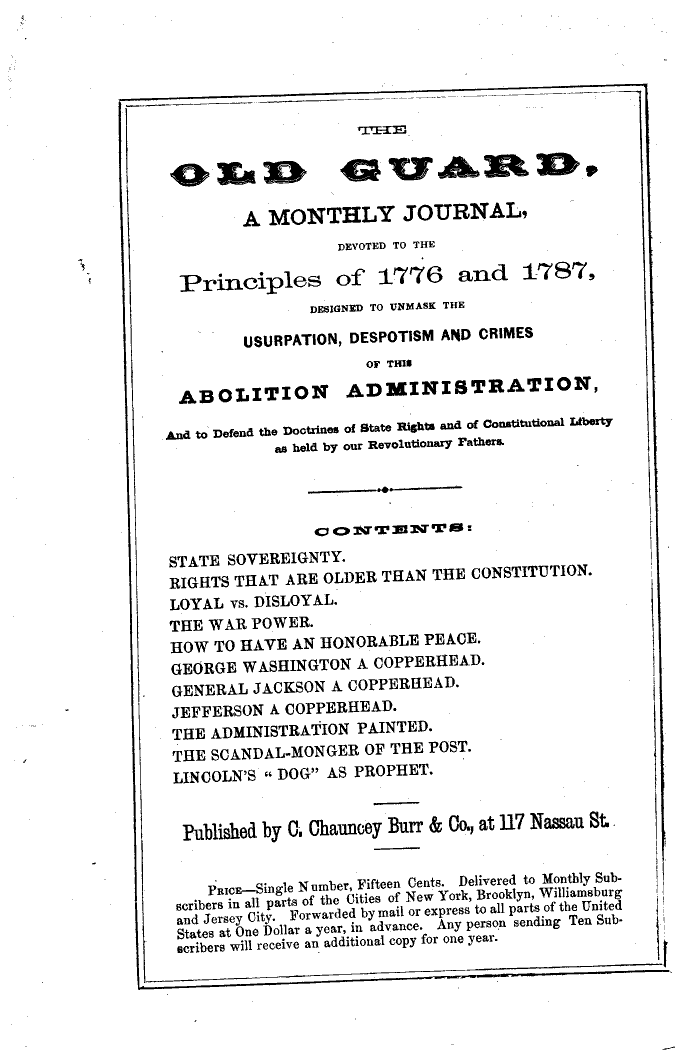
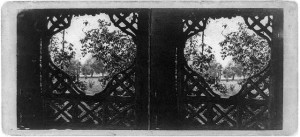
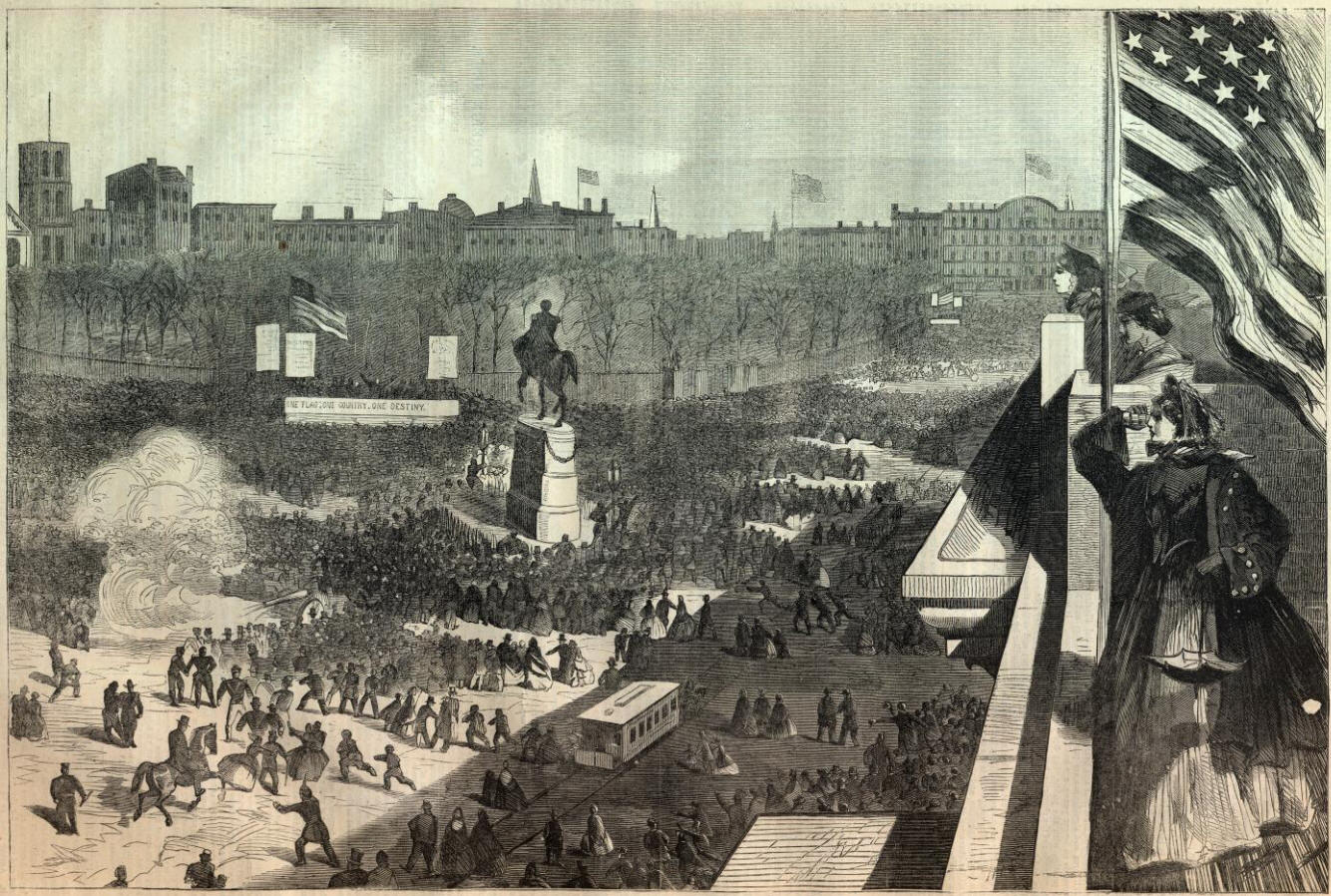
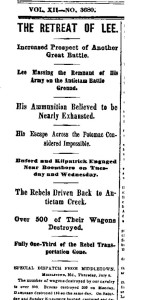
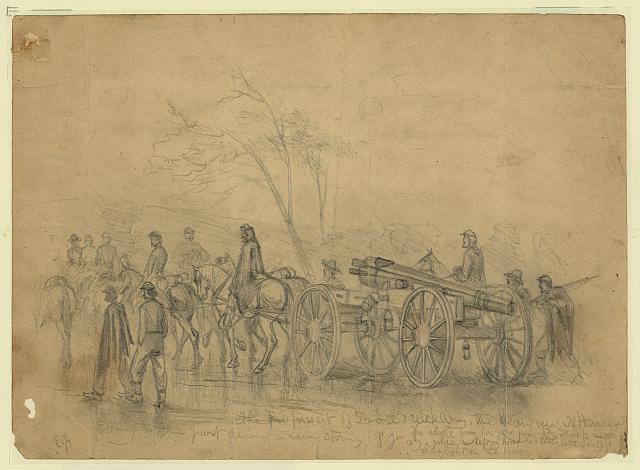
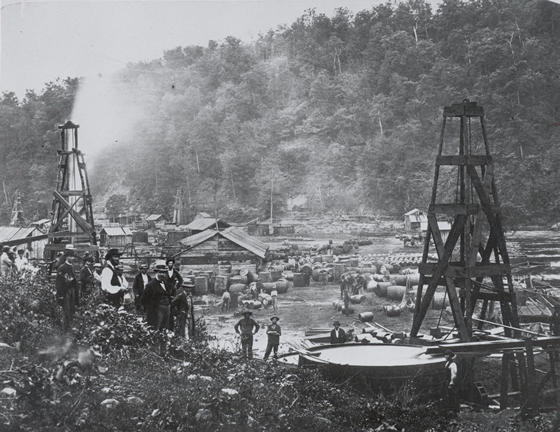
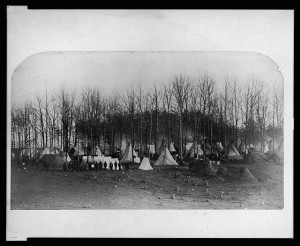
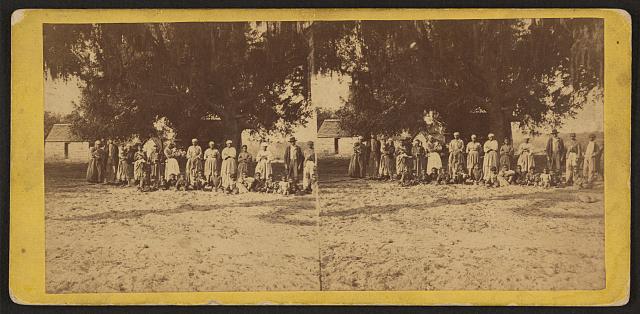
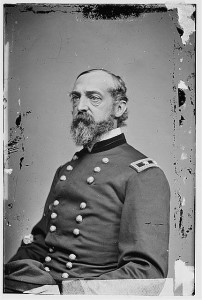
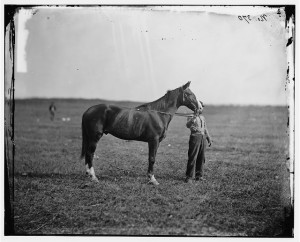
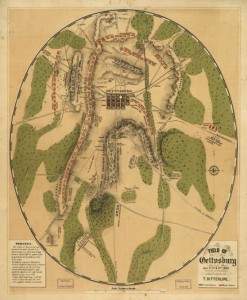
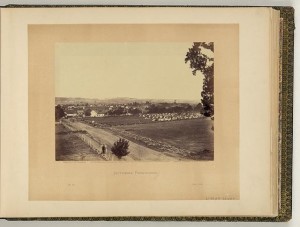
![The battle of Gettysburg--Prisoners belonging to Gen. Longstreet's Corps captured by Union troops, marching to the rear under guard (by Edwin Forbes, [18]63 July 3; LOC: LC-DIG-ppmsca-20557)](https://www.bluegrayreview.com/wp-content/uploads/2013/07/20557r-300x221.jpg)
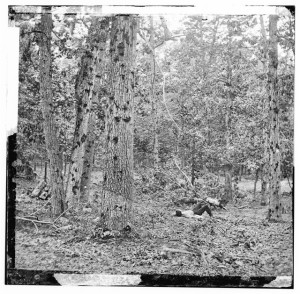
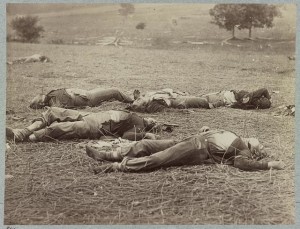
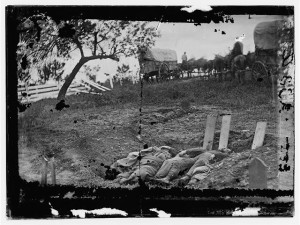
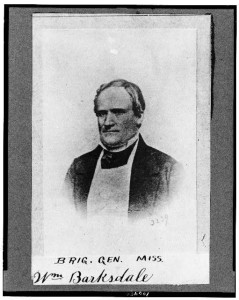
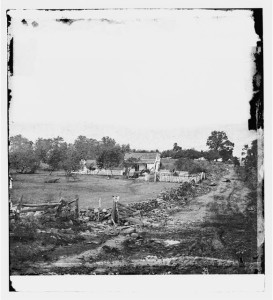
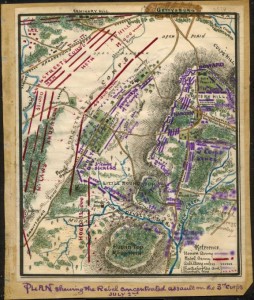
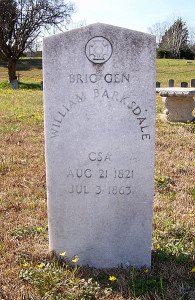
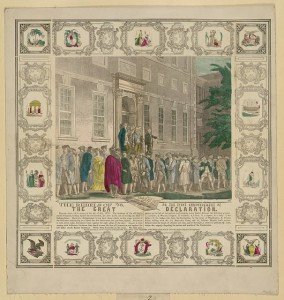
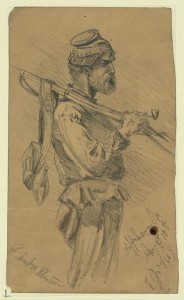
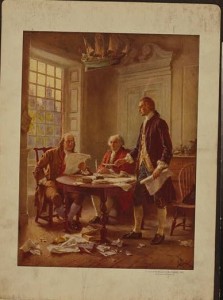
![Independence declared 1776. The Union must be preserved (by Thomas Moore, [Boston : Joseph A. Arnold], c1839; LOC: LC-DIG-pga-02221)](https://www.bluegrayreview.com/wp-content/uploads/2013/07/02221r-247x300.jpg)
